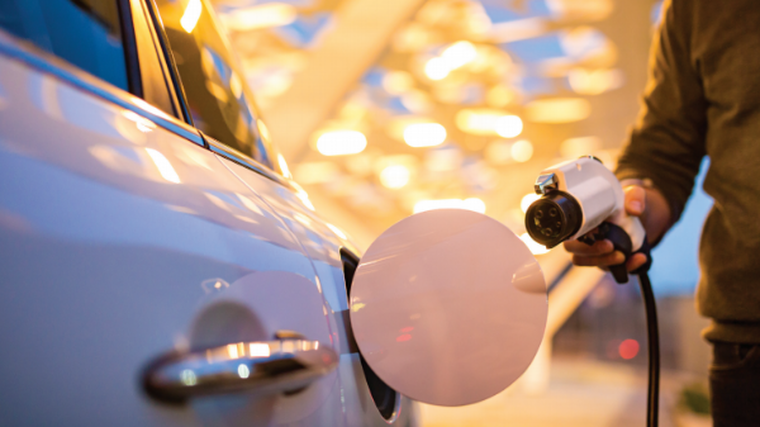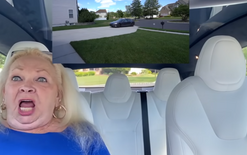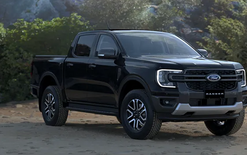Companies team up to tackle EV battery challenge

More than 80 New Zealand businesses are joining forces to tackle the end-of-life issue for lithium-ion batteries found in electric vehicles (EVs).
Vector is one of the main players behind the Battery Industry Group (B.I.G), which is a cross-industry collaboration that plans to design reuse and recycling solutions for batteries used in EVs and stationary energy storage.
The vision and context for the group comes from a recently released Vector report called New Energy Futures Paper: Batteries and the Circular Economy.
B.I.G. aims to propose a “circular” product stewardship scheme for end-of-use and end-of-life battery management to the Ministry for the Environment before the end of 2020. This will include recommendations on how to safely handle, store and ship used large batteries.
The group’s core delivery team is Vector, Eunomia Research & Consulting and WasteMINZ, with funding from Vector, EECA and the Motor Industry Association (MIA).
The collaboration acknowledges the role businesses can play in tackling e-waste challenges and helping the nation shift to a low-emission circular economy.
“Vector recognises that electrification of transport presents a significant opportunity to help New Zealand achieve a zero-carbon future,” says Simon Mackenzie, Vector Group CEO.
“The research in the New Energy Futures Paper tells us that there will be between 500 and 1,000 EV batteries coming to the end of their lives by 2020, potentially rising to 17,000 by 2025 and a staggering 84,000 by 2030.
“While batteries are key to powering our new energy future, they contain valuable materials that come at an environmental and social cost. It’s clear that we must work collaboratively with others to ensure we have a proactive, robust plan in place to make the most of battery capacity, as well as mitigating any risks from their disposal. This initiative will produce the circular blueprint we need to achieve this.”
EECA chief executive Andrew Caseley welcomed the launch of the group. He says once lithium-ion batteries are no longer fit for purpose in vehicles, they still have capacity in other applications, such as stationary storage for homes or industry
Parties interested in being part of the group can visit big.org.nz, or they can join the conversation on Twitter: @batteryloop #batterykarma





